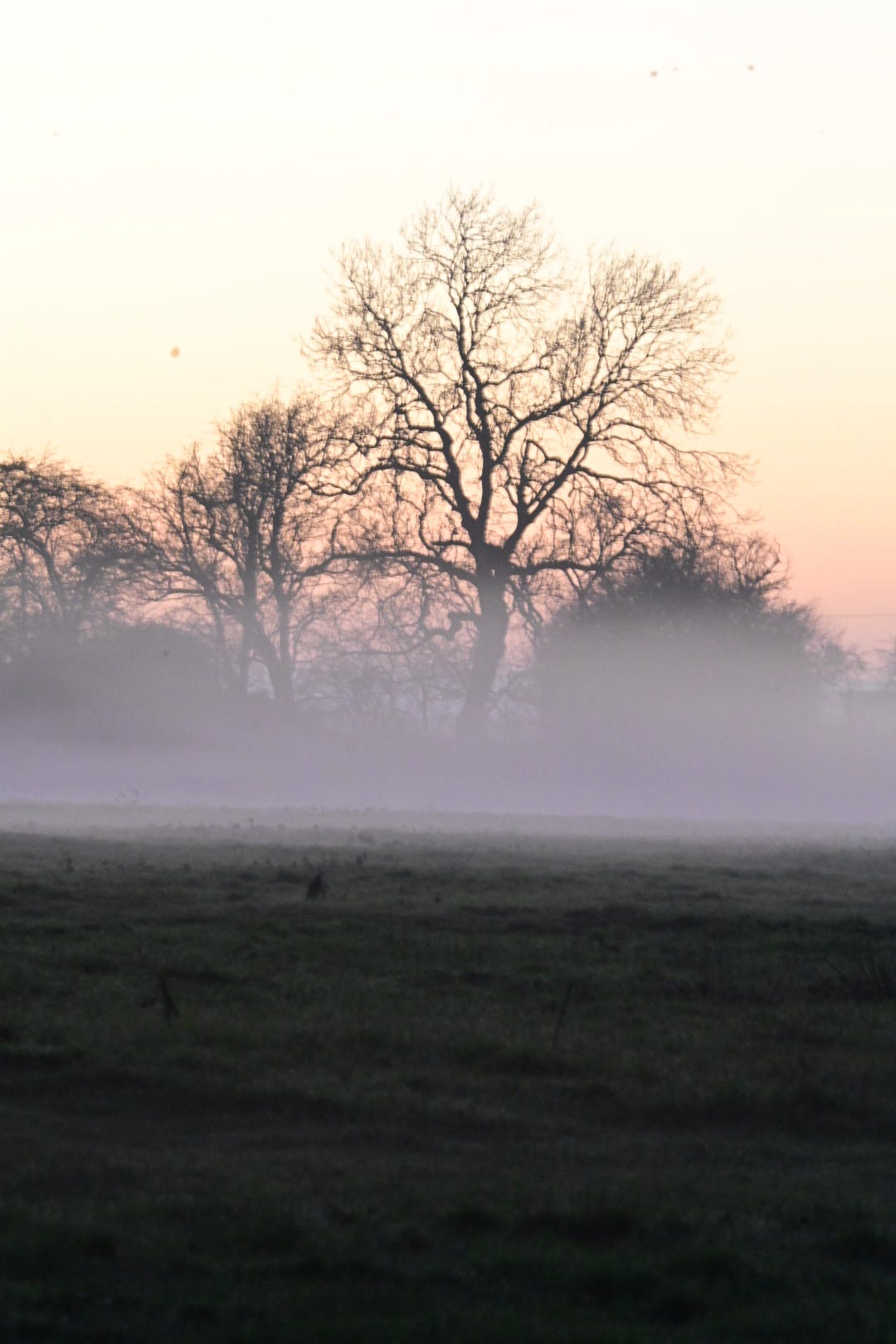Audition: Brahms - Piano Concerto No. 1 - Walter Gieseking/SWFO/Rosbaud #Op15

Rec SWRF - 08.01.50, Baden Baden Kurhaus
Hans Rosbaud (1895 - 1963)
Walter Gieseking (1895 - 1956)
The concerto begins with a marker by Rosbaud - a weighty, almost dragging introduction as though the work is unable to hold its own weight. It persists through the introduction - somewhat mournful in the lighter scored passages. Never slow just pointedly heavily accented and held. It’s a very nuanced approach and one that works well I think as long as the pulse of the work is maintained. Rosebud is alert to possibilities for drama. For example in the run up to the recapitulation he ensures the orchestra is razor sharp on those isolated woodwind and bass interjections and mindful of the balance especially when the high woodwind cut through the rest of the orchestra. In the approach to the soloist’s entry, Rosbaud speeds up slightly giving the pianist momentum to make his entry telling.
It’s worth remembering that Rosbaud was the director of a radio orchestra and, post WW2 radio orchestras were there to meet the demand of audiences for the classics. And these orchestras were trained to deliver the complex and challenging demands of radio stations were hungry for new composers, performances and soloists - all of whom wanted to earn a living and rebuild their professions. Radio orchestras were also dealing with the complexities of the then contemporary composers and Rosbaud became the conductor of choice for many German contemporary composers and those further afield. All this meant his orchestras had to be razor sharp and quick learners. As a result radio orchestras are now as capable if not more so than the standing professional bodies. Playing difficult music on a tight schedule. It’s no wonder this reading has the same meticulous care that Rosbaud presented in Schoenberg and Stravinsky (check out Rosbaud’s recording of Petrushka for a peerless grip on the piece…
Geiesking was a very experienced pianist renowned for his performances and recordings of composers of poise and elegance - Debussy, Mozart and Ravel and yet also capable of powerful Beethoven. He was a supporter of the Nazi party and so out of favour immediately post war but was a great enough pianist to be touring England in 1950. His playing in the recording is specularly virtuosic and precise - the first set of trills in the piano part in this movement are strong and clear.
This reading combines two fine minds to I think a great interpretation.
It’s all about the atmosphere, and specifically the weight and importance of the music. Throughout the first movement Rosbaud emphasises the dark interjections which are a hallmark of great Brahms. For me, Brahms works can reveal some really startling and uncomfortable turns - in his symphonies and concerti especially. There’s darkness in both piano concerti. And it Rosebud’s approach seems to prompt something special from the soloist. Later in the first movement, the first Poco pie moderato solo, Gieseking offers exceptional playing pressing the piano part and yet maintaining a great fluidity. These two musicians have so much control they avoid the mishaps and awkwardnesses and banality of others. Gieseking is compelling and urgent mid movement but edges up the tension to the point where the orchestra and piano tumble into the recapitulation on a huge wave of excitement. So much so that the next piano entry sounds definitely testing the orchestral mettle. The coda is another Brahms trap - the pianist is magical but it’s the basses that really emphasise the tone. This gives the music an edge, unease rises and at the end of the movement it is Rosbaud who gathers most force in four terminal chords.
Rosbaud switches roles and conjures the most gorgeous support for the opening bassoon solo which opens the Adagio. The descending strings are other-worldly (as they were for Monteux) in setting the entry of the piano. The notes float off the page with Gieseking’s magical touch (dare I say a fraction Debussyian…) and the conductor supports with rich, velvety textures beneath. Geiseking is breathtaking as the movement progress - no note is underplayed or over played. Like Monteux (again),


Comments